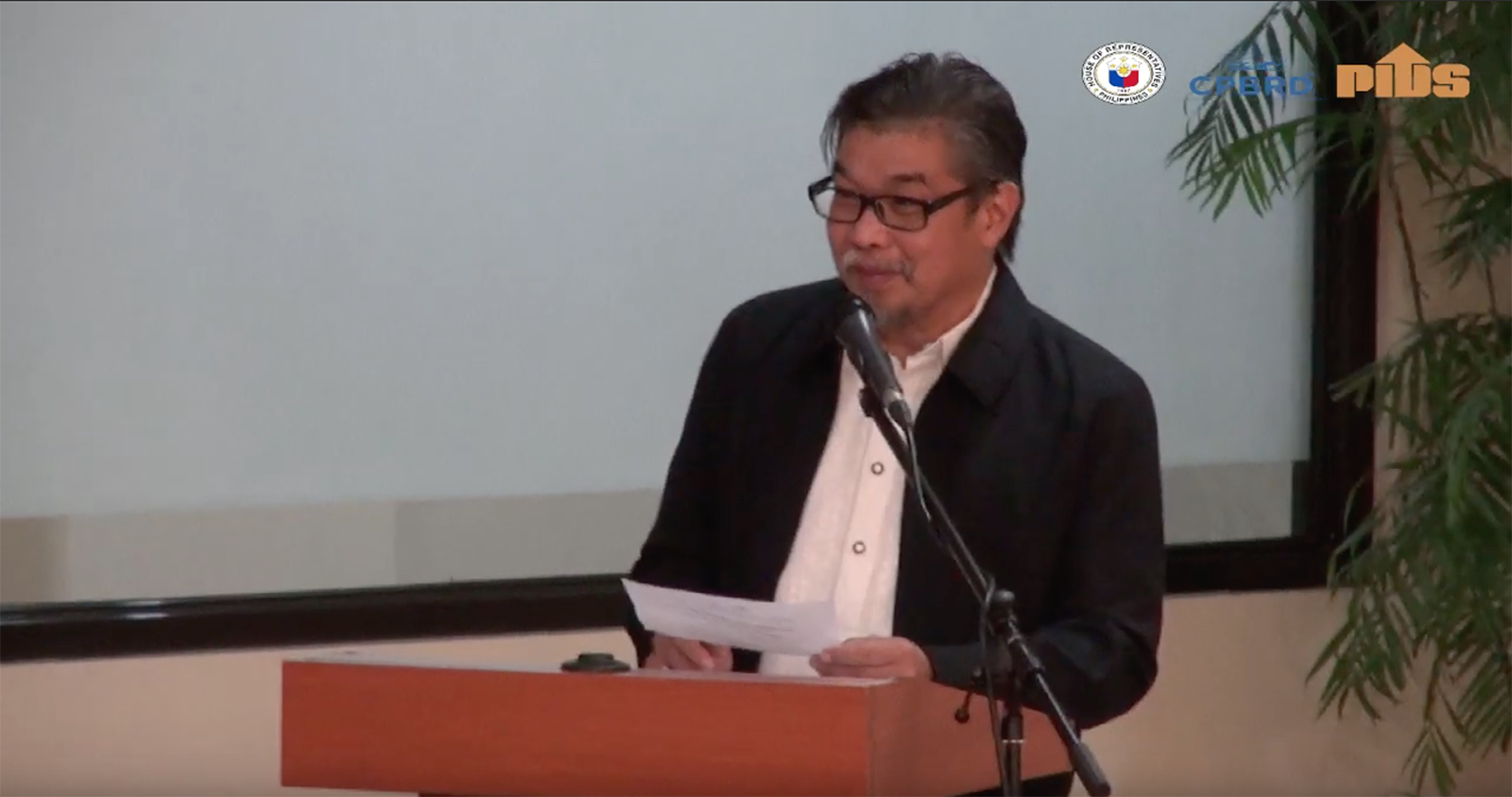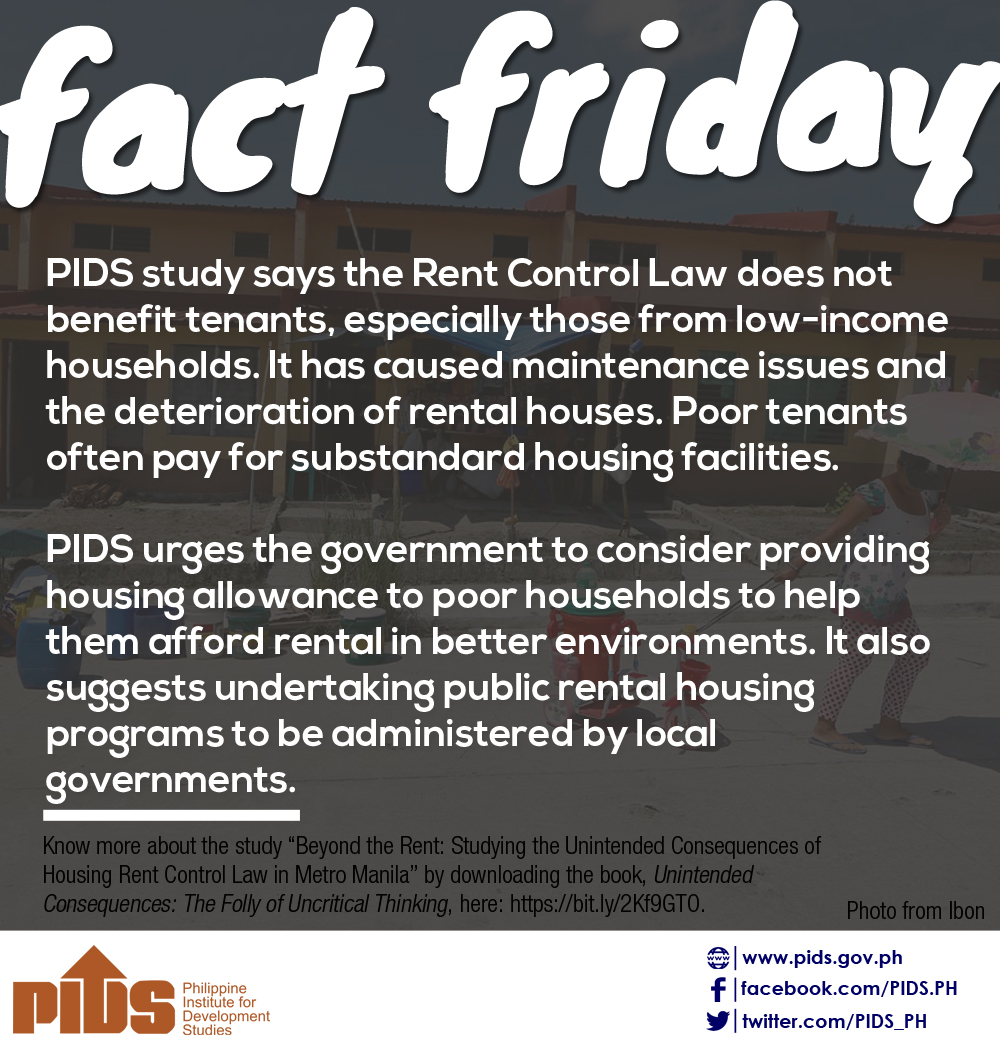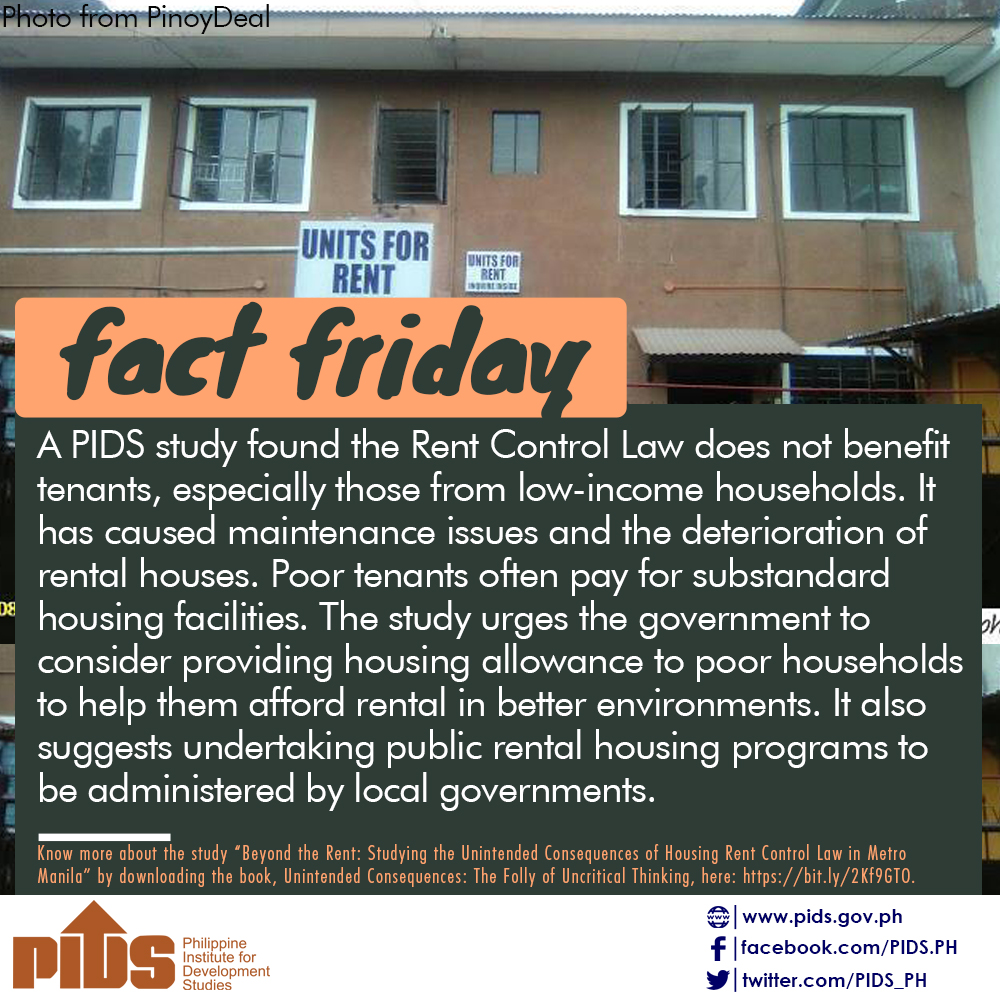PHILIPPINE President Ferdinand R. Marcos, Jr. on Monday signed into law a bill that will triple the state budget for rice competitiveness to P30 billion over six years, as his government tries to boost food security amid soaring prices.
He also enacted a measure that allows foreign tourists to claim refunds for purchases worth at least P3,000 (around $52) from state-accredited stores, as the Southeast Asian nation hopes to boost a tourism sector that was one of the slowest to recover from a coronavirus disease 2019 (COVID-19) pandemic.
Republic Act (RA) No. 12078, or the measure amending the Agricultural Tariffication Act, will increase the yearly funding for the Rice Competitiveness Enhancement Fund (RCEF) to P30 billion from P10 billion and extend its life until 2031.
“This will enable us to do much more for our farmers, ensuring that they have the resources that they need to succeed and to make the rice industry even more competitive,” Mr. Marcos said at the signing ceremony at Malacañang on Monday.
The P30-billion RCEF will be used to develop high-quality inbred rice seeds, distribute cash aid for farmers, and build solar-powered irrigation systems and composting facilities.
The measure also amends RA 11203 or the Rice Tariffication Law (RTL) of 2019 that opened up to private entities the rice import trade, which had previously been dominated by the National Food Authority (NFA), which imported the grain via government-to-government deals.
The private traders instead had to pay a tariff of 35% on rice imports. The government has since reduced tariffs to 15% and it applies to rice from all sources.
The amended law still bars the NFA from importing rice.
On the sidelines of the ceremony, Agriculture Secretary Francisco P. Tiu Laurel, Jr. told reporters the impact of the investments on the agriculture sector will be seen in one to two years.
“In the long run, it should lower the price of rice because if we can produce more through the increased budgets and extend the duration, it would be more efficient, and we will be producing more per hectare,” he said in mixed English and Filipino.
“The expanded RTL will include soil rehabilitation and additional yearly irrigation budget, since our main issues now are irrigation and mechanization.”
Under the law, the Department of Agriculture (DA) will oversee a database of grain warehouses and storage facilities and monitor the country’s rice reserves.
The DA will also be required to maintain a rice buffer fund of P5 billion during food security emergencies.
The NFA will also be allowed to sell rice buffer stocks through Kadiwa ng Pangulo rice centers in areas with rice shortages or extraordinary rice price increases.
The Federation of Free Farmers National Manager Raul Q. Montemayor said the government solely focusing on lowering rice prices could come at the expense of farmers.
“RCEF will become just another ‘pampalubag-loob (consolation)’ so that farmers will not complain if the government decides to lower tariffs or flood markets with cheap rice,” he said in a Viber message.
“It was intended for farmers to compensate them for loss of income arising from the lifting of quantitative restrictions on imports, and to help them lower their costs of production to make them more competitive and profitable.”
Rice tariff collections amounted to about P30 billion last year, according to the Bureau of Customs.
“It is very good that the President continues with the tariffication policy despite strong opposition, because it benefits the consumer,” Roehlano M. Briones, a senior research fellow at the Philippine Institute for Development Studies, said in a Viber message.
But he also cited the need for the government to review how extending and increasing the yearly funding for RCEF would affect spending on its national rice program.
“We need to boost and strengthen our support to local rice farmers to remove all the false narratives of our economic managers on the need to import and reduce tariffs meant to be provided to our rice farmers under this new law,” Samahang Industriya ng Agrikultura Executive Director Jayson H. Cainglet said in a Viber message.
VAT REFUND FOR TOURISTS
Also on Monday, Mr. Marcos signed RA No. 12079 or the Value-Added Tax (VAT) Refund Mechanism for Non-Resident Tourists Act, a priority measure aimed at incentivizing foreign tourists to spend more in the country.
Mr. Marcos said the measure is expected to boost tourist spending by 30%, which could benefit mostly the micro, small, and medium enterprises that sell Filipino products.
“These products tell our story, and now, with the VAT refund, they will be able to be more accessible to global consumers, elevating once again our statue in the global market,” the President said.
Under the new law, goods should be purchased by foreign visitors in person at accredited stores and should be taken out of the country within 60 days from the date of purchase.
The value of goods purchased per transaction was set at P3,000, but this can be adjusted by the Finance Secretary in consideration of the consumer price index.
“It is high time that the Philippines catches up with countries around the world that have long implemented a standard VAT refund system. This strategic initiative aims to encourage foreign tourists to spend more in our country, stimulating our domestic economy. With increased tourism spending, we will have higher revenues to collect, and we can create more jobs, raise incomes, and accelerate economic growth,” Finance Secretary Ralph G. Recto said.
In a statement, the Department of Finance (DoF) said foregone revenues from the law can be offset by higher tourism spending.
“Data from the DoF show savings from the refund fully channeled into additional tourism spending may boost economic output by P2.8 billion to P4 billion annually,” it said.
The World Travel and Tourism Council earlier projected that in the next decade the Philippine travel and tourism sector will raise its contribution to gross domestic product to P9.5 trillion a year or 22% of economic output.
In his speech, Mr. Marcos ordered the DoF and the Bureau of Internal Revenue to craft “simple, accessible, and culturally inclusive” implementing rules and regulations for the VAT refund system.
The new law will allow the refund process to be made electronically or in cash through operators that will be tapped by the DoF.
Senate President Francis Joseph “Chiz” G. Escudero said these incentives will entice more visitors to the Philippines.
“The tourism sector is a consistent contributor to our economy so an uptick in arrivals would provide a boost to our GDP and generate more jobs for our people,” he said in separate statement.
Based on data from the Labor department, the tourism sector employed 6.21 million Filipinos last year, which was 13% of the workforce.
Meanwhile, the President also signed into law RA No. 12080, or the Basic Mental Health and Well-Being Promotion Act, which will create new school counselor positions and task the departments of Budget and Management and Education to come up with comprehensive mental health programs.
“When our learners and school personnel are mentally healthy, academic performance improves, absenteeism decreases and a culture of compassion and understanding flourishes,” Mr. Marcos said.
Under the new law, Care Centers headed by school counselors will be established in every public basic education school to help students deal with stress management and other mental health concerns.










